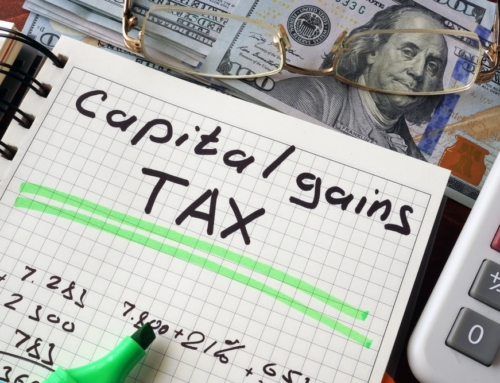Once upon a time (back in 1967), there were 155 taxpayers with incomes over $200,000 (more than $1.3 million in today’s dollars) who paid no income tax at all. Twenty of them were millionaires. Because the government needed to fund its programs—including the Vietnam War—the Alternative Minimum Tax (AMT) was born as part of the Tax Reform Act of 1969.
The AMT was originally implemented to ensure that wealthy people paid enough in taxes. Today, though, the AMT probably affects your household even if you’re not making millions. In 2013, the tax hit couples earning more than $80,800 and singles earning more than $51,900.
When do I have to pay the Alternative Minimum Tax?
The AMT has a stricter set of guidelines than the regular tax. It doesn’t allow certain deductions and exemptions, and your income may be calculated differently. Here are some items that may trigger the AMT for the average taxpayer when filing taxes:
Significant home equity loan (HELOC) interest deductions. When your home equity loan covers personal debts, such as credit card consolidations or that dream vacation you always wanted, you may be able to deduct the interest you pay on up to $100,000 of the loan. And that interest deduction may trigger the AMT.
On the other hand, if you’re deducting the interest on your original mortgage, a refinanced mortgage that replaces only the balance on your original mortgage, or a mortgage to cover the cost of home improvements, you may not be subject to the AMT.
Very high business deductions. I once worked on a tax return for a well-known television director and entered a whole raft of expenses. His union dues for the Directors Guild and other entertainment-related unions added up to nearly $10,000. As I entered the dues and other expenses, including thousands of dollars in legitimate out-of-pocket costs, I noticed that nothing was changing the bottom line. We had entered the AMT trap—no matter how many more expenses he had, his taxes would not change.
I continued to enter his expenses, but I removed very solid deductions—like the union dues. That way, if he were to get audited and those expenses were disallowed, I could replace them with the union dues and still end up with a no-change audit.
You can still take advantage of business expenses to reduce your taxes. If you have a business as well as a job, you might be able to use some of those business expenses on your Schedule C. Make sure the expenses are specific to your business operations, or split the expenses that apply to both your job and your business.
There are other things that will trigger the AMT, such as exercising employee stock options or taking advantage of the small business stock benefits. But these two are the main triggers that surprise the average taxpayer.
Eva Rosenberg, EA is the publisher of TaxMama.com ®, where your tax questions are answered. She is the author of several books and ebooks, including Small Business Taxes Made Easy. Eva teaches a tax pro course at IRSExams.com and tax courses you might enjoy at http://www.cpelink.com/teamtaxmama.
[amazon_link asins=’B00PEPO9HQ,0812925319,B072BTCMP6,0609809954′ template=’ProductCarousel’ store=’thinkglink-20′ marketplace=’US’ link_id=’f5ce4fbd-f64e-11e7-81c1-cb3e68b86b60′]






